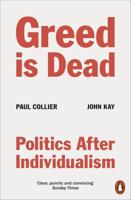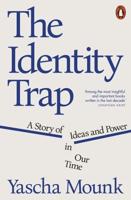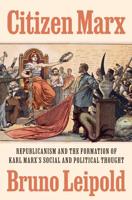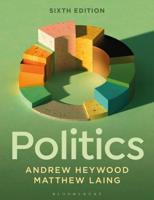Publisher's Synopsis
Democracy, as we have come to know it, is neither a compact among equals nor a neutral arena for fair argumentation. Rather, it is an asymmetrical field, saturated with factions that shape, distort, and ultimately capture the very terms of what is politically possible. This book begins with an unsettling yet transformative assertion: faction is not a deviation from the democratic ideal-it is its structural grammar. Against the normative aspiration of free and symmetrical deliberation, championed by theorists such as Habermas, Fishkin, Bohman, and Dryzek, this work proposes a methodological reversal: to think politics not from the vantage point of harmony, but from within the materiality of conflict, where the universal is forged beneath the weight of organized particularism. By retrieving the concept of faction from the writings of James Madison, Alexis de Tocqueville, Robert Dahl, this text articulates a theory of democracy that does not shy away from conflict-on the contrary, it treats conflict as foundational. Combining rigorous conceptual analysis, a critical engagement with leading deliberative theorists, and a willingness to chart new normative ground, this book offers an invitation to reconstruct contemporary political thought around a central and disquieting question: how are we to think democracy when the speaker has already shaped the very rules of discourse?








